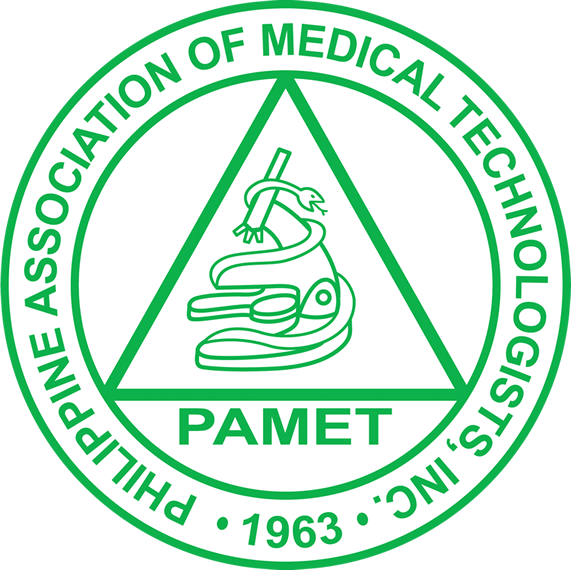
PAMET La Union Chapter

PAMET LA UNION 1ST CPD SEMINAR AND GENERAL ASSEMBLY 2024:
“Exploring Hematology Instrument Validation/Verification, Updates on Semen Analysis, Data Privacy Compliance in Medical Technology and Online Habits"
Face-to-Face: : 4th Floor Conference Hall, La Union Peace, Order and Safety – Emergency Operations Center (LUPOS- EOC)
Online: PAMET Virtual Platform
Date: June 12, 202, 8:00am - 4:00pm
HEMATOLOGY INSTRUMENT VALIDATION OR VERIFICATION BY END-USERS
Mark Raymund Nava
ICSH recommendations, CLSI guidelines, and ISO 15189 accreditation regulations state that instrument installation, setup, and initial calibration are the responsibilities of the manufacturers and dealers. End-users, however, are responsible for assessing whether the manufacturer’s claims on the performance of the specific instrument also apply to intended-use criteria by the laboratory.
SEMEN ANALYSIS 2.0: DECIPHERING THE UPDATED WHO GUIDELINES FOR 2021
Gamaliel Fulgueras
Deciphering the updated WHO guidelines for 2021 for semen analysis, we delve into the latest advancements in assessing male fertility. This seminar explores the revised criteria outlined by the World Health Organization (WHO) in 2021 against the 2010 guidelines, providing attendees with a comprehensive understanding of key parameters, interpretation nuances, and implications for clinical practice. By elucidating the intricacies of semen analysis in light of contemporary guidelines, participants will gain invaluable insights into optimizing male reproductive health assessment and management strategies.
THE DATA PRIVACY ACT OF 2012 AND ITS IMPLICATIONS TO MEDICAL TECHNOLOGY PRACTICE
Oliver Shane Dumaoal
Data privacy describes the practices which ensure the data shared by people is only used for its intended purpose. In a world with ever-growing data, privacy is a crucial topic to scrutinize. Information privacy is the right of individuals to have control over how their personal information is collected and used. Many consider data privacy to be the most significant consumer protection issue today. One factor contributing to this is growing technological sophistication and the resulting data collection types. The Data Privacy Act of 2012 protects the privacy of individuals while ensuring the free flow of information to promote innovation and growth; regulates the collection, recording, organization, storage, updating or modification, retrieval, consultation, use, consolidation, blocking, erasure, or destruction of personal data; and ensures that the Philippines complies with international standards set for data protection through National Privacy Commission (NPC). This lecture will provide an overview of the Data Privacy Act of 2012 in the context of local healthcare practices, particularly emphasizing data privacy and data protection concerns in the clinical laboratory.
THE IMPORTANCE OF CYBERSECURITY: A FOLLOW UP ON ONLINE BEST INTERNET HABITS PART 2
Joseph Sarsoza
A lecture in cybersecurity that will delve into the intricacies of protecting digital assets in an ever- evolving threat landscape. From understanding common vulnerabilities to implementing defense strategies, we will together explore the importance of encryption, personal data security, and user awareness. Gain insights into emerging technologies, threat actors, and best practices to safeguard personal data in an increasingly interconnected world.